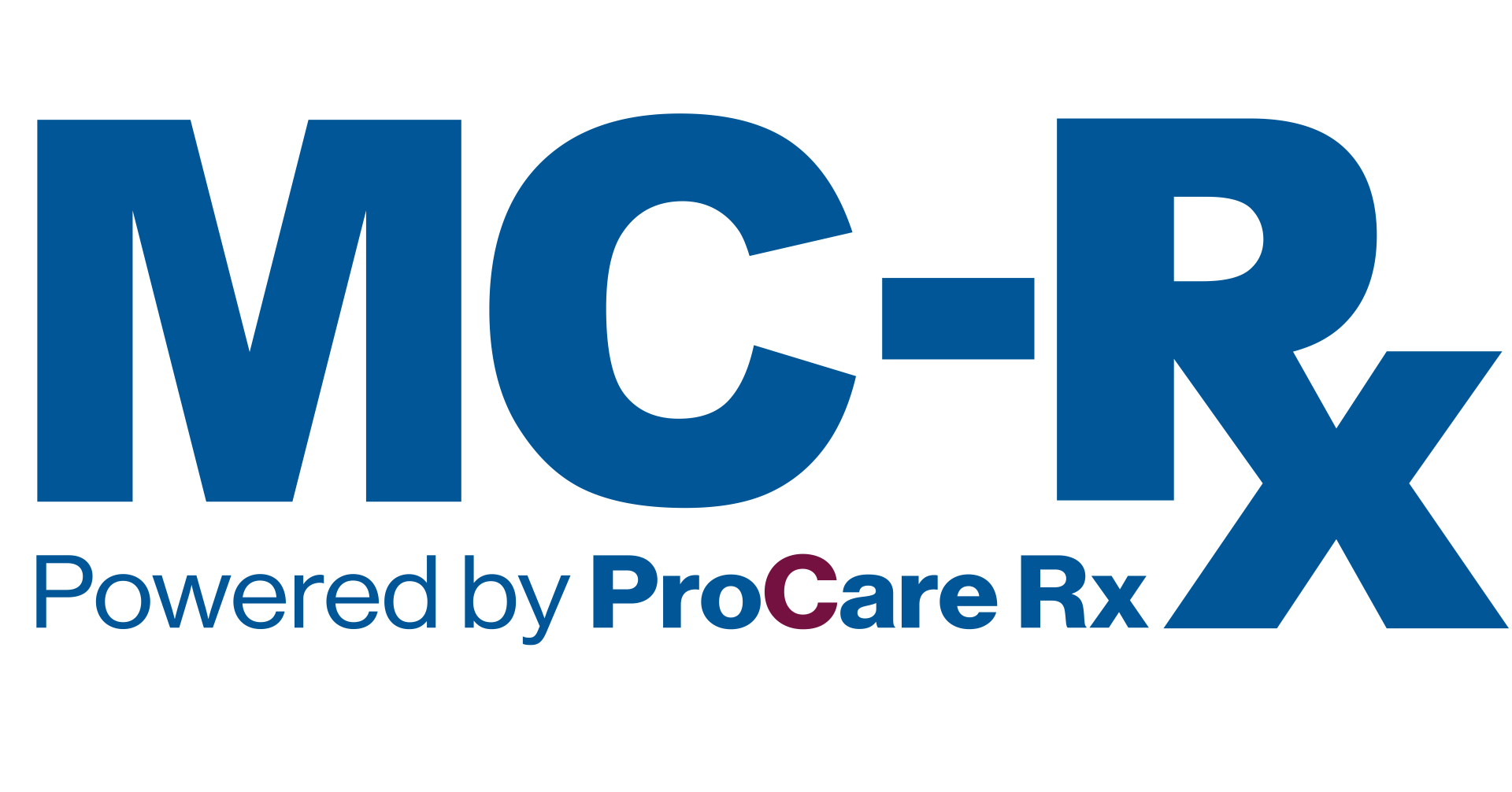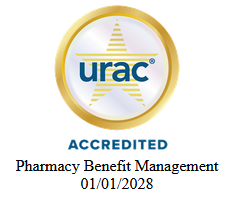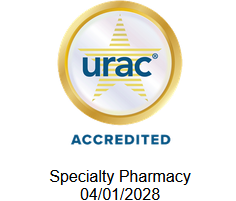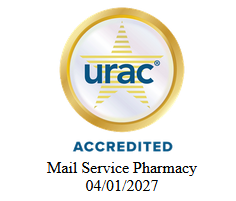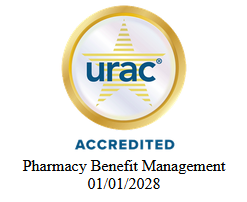PREVIOUSLY VILIFIED, BIG PHARMA STEPS UP IN COVID-19 FIGHT
Big Pharma’s reputation has taken quite the hit in recent years. But during the COVID-19 pandemic, pharmacy benefit manager MC-Rx notes that pharmaceutical companies are leading the fight to find a vaccine and save American lives.
Big Pharma’s reputation has taken quite the hit in recent years. But during the COVID-19 pandemic, pharmacy benefit manager MC-Rx notes that pharmaceutical companies are leading the fight to find a vaccine and save American lives.
(Gainesville, GA) June 9, 2020—It is no secret Americans are generally distrustful of the pharmaceutical industry. However, with the outbreak of COVID-19, many look to Big Pharma to find effective methods of combating the virus. MC-Rx—a full-service pharmacy benefit manager (PBM)—suggests it’s worth noting that, despite their reputation, drug manufacturers have truly stepped up when it comes to vaccine development and research into other therapies that could help patients survive. “There are no less than 100 different manufacturers in the game racing to develop a viable vaccine, some already working through or having completed human trials,” says Steve Treff, tenured veteran of the pharmacy benefit manager industry and president of one of MC-Rx’s lines of business.
Stories from all across the industry show just how far Big Pharma is willing to go to help protect American lives. Gilead, the company that developed the antiviral drug remdesivir, has already pledged 1.5 million doses of the drug at no cost to COVID-19 patients.(1) Other companies—such as Johnson and Johnson, Pfizer, and AbbVie—have donated over a combined $125 million for COVID-19 disaster relief.(1) Astra Zeneca has partnered with Oxford BioMedica to develop and market vaccines, potentially by the end of the year(4). Even the U.S. Department of Health and Human Services is partnering with pharma companies to expand drug manufacturing for needed medications during the global pandemic.(2)
All this is occurring despite the wealth of misinformation coming from mainstream media sources and other so-called “experts,” like those on social media platforms. Treff reminds consumers that amidst COVID-19, “Take what you read at face value as development of vaccine candidates continues to progress at “warp speed”. We all want a vaccine as soon as possible, but knowing how that vaccine will work with people taking insulin, heart medications, and using inhalers is critical to patient safety.”
While there is no joint committee of industry experts currently overseeing development, it is not stopping pharmaceutical companies from working together to boost the industry’s response. Several companies, such as Novartis, Pfizer, Sanofi, and Merck are collaborating by sharing their proprietary compound libraries.(3) When promising compounds are identified, these companies then move those products through the different phases of clinical testing. All share the same goal: to find a vaccine or other treatment that works best for everyone, not just for one patient at a time.
Treff says, “While pointing fingers over skyrocketing drug prices has long been a topic of bitter discussion and division in the industry, this is a rare time where manufacturers seem to be working to find a cure rather than continuing to increase prices on critical medications..”
About MC-Rx:
MC-Rx is a full-service pharmacy benefit manager (PBM) with corporate offices in Gainesville, Georgia and Caguas, Puerto Rico, focusing on transparency, best-in-class service, and offering clients “lowest net cost.” MC-Rx was formed by combining two URAC- accredited, world class PBM’s - ProCare Pharmacy Benefit Manager and mc-21. The ProCare companies were founded in 1988 with the vision of providing innovative computer software systems and services to various sectors of the healthcare industry.
ProCare processed their first pharmacy claim in 1994 using their proprietary, internally developed and managed systems, and expanded in 1998 to full-service pharmacy benefit management through the acquisition of NextGen PBM. Today, the ProCare companies also include two affiliated mail-order and specialty pharmacies, ProCare PharmacyCare, and are one of only four PBM providers that own all of their component systems. MC-Rx now provides comprehensive, industry-leading service to clients in Puerto Rico and the U.S. For more information, visit www.mc-rx.com.
LaMattina, John, et al. “Big Pharma Could Boost Its Reputation with Its Covid-19 Response.” STAT, 29 Apr. 2020, statnews.com/2020/04/30/big-pharma-improve-reputation-covid-19-response/.
S. Department of Health and Human Services. “HHS, Industry Partners Expand U.S.-Based Pharmaceutical Manufacturing for COVID-19 Response.” HHS.gov, US Department of Health and Human Services, 19 May 2020, hhs.gov/about/news/2020/05/19/hhs-industry-partners-expand-us-based-pharmaceutical-manufacturing-covid-19-response.html.
Taylor, Nick Paul. “Big Pharma Companies Join Forces for Fightback against COVID-19.” FierceBiotech, 27 Mar. 2020, fiercebiotech.com/biotech/big-pharma-companies-join-forces-for-fightback-against-covid-19.
https://www.fiercepharma.com/manufacturing/astrazeneca-oxford-biomedica-agree-to-1-year-tie-up-to-produce-covid-19-vaccine
###
Media Inquiries
Karla Jo Helms
JOTO PR
727-777-4618
Kimberly Zambrello
JOTO PR
727-777-4622
www.jotopr.com



